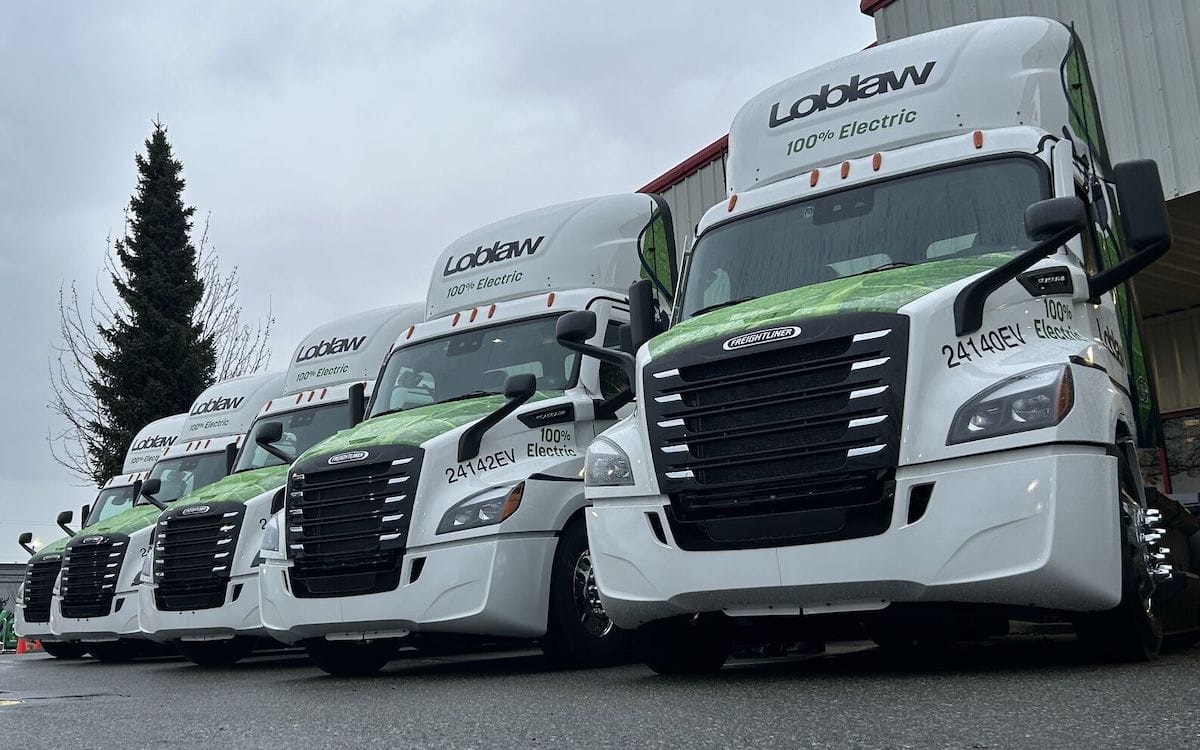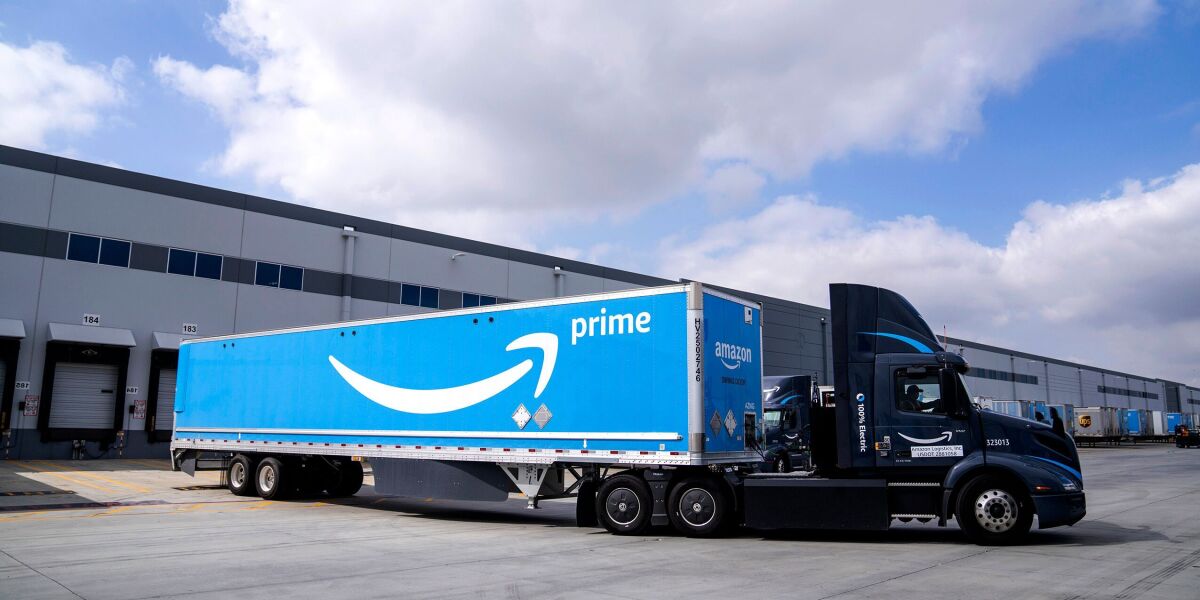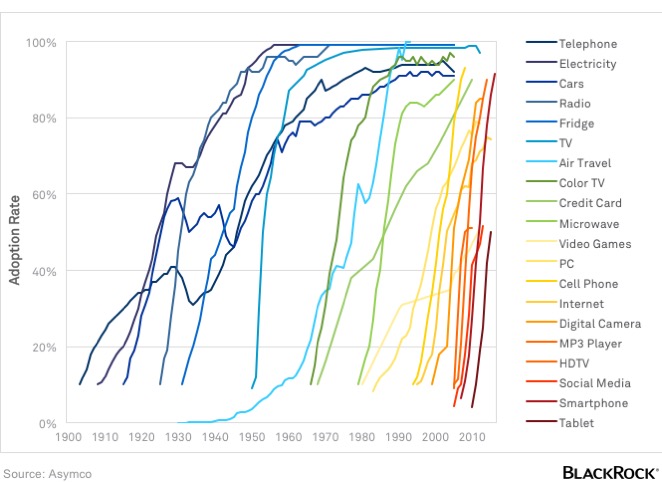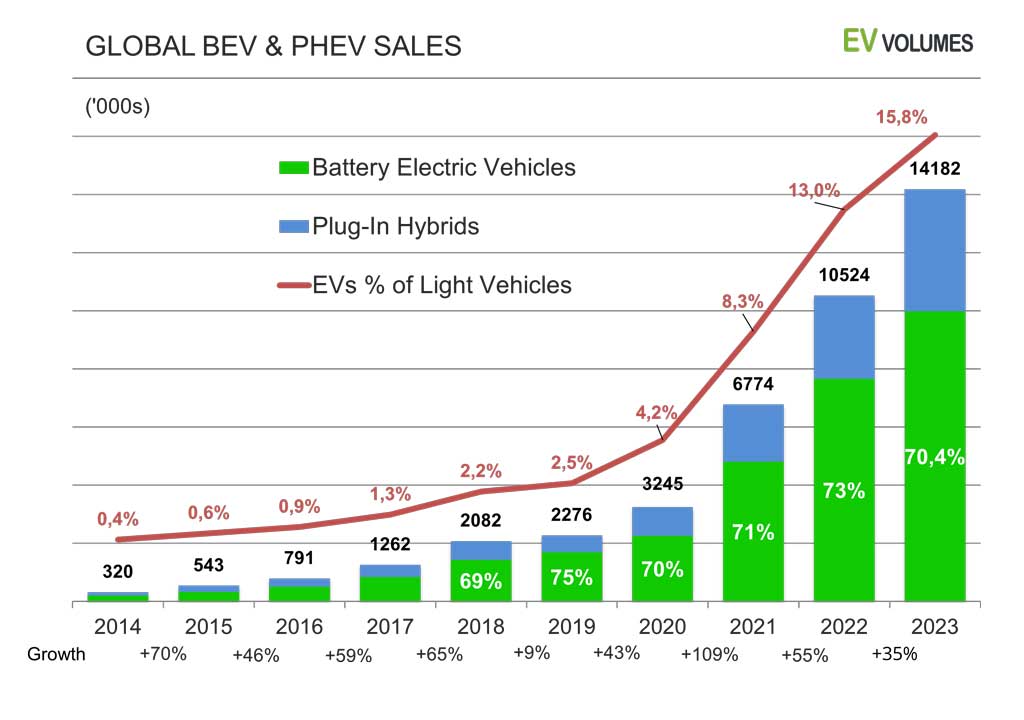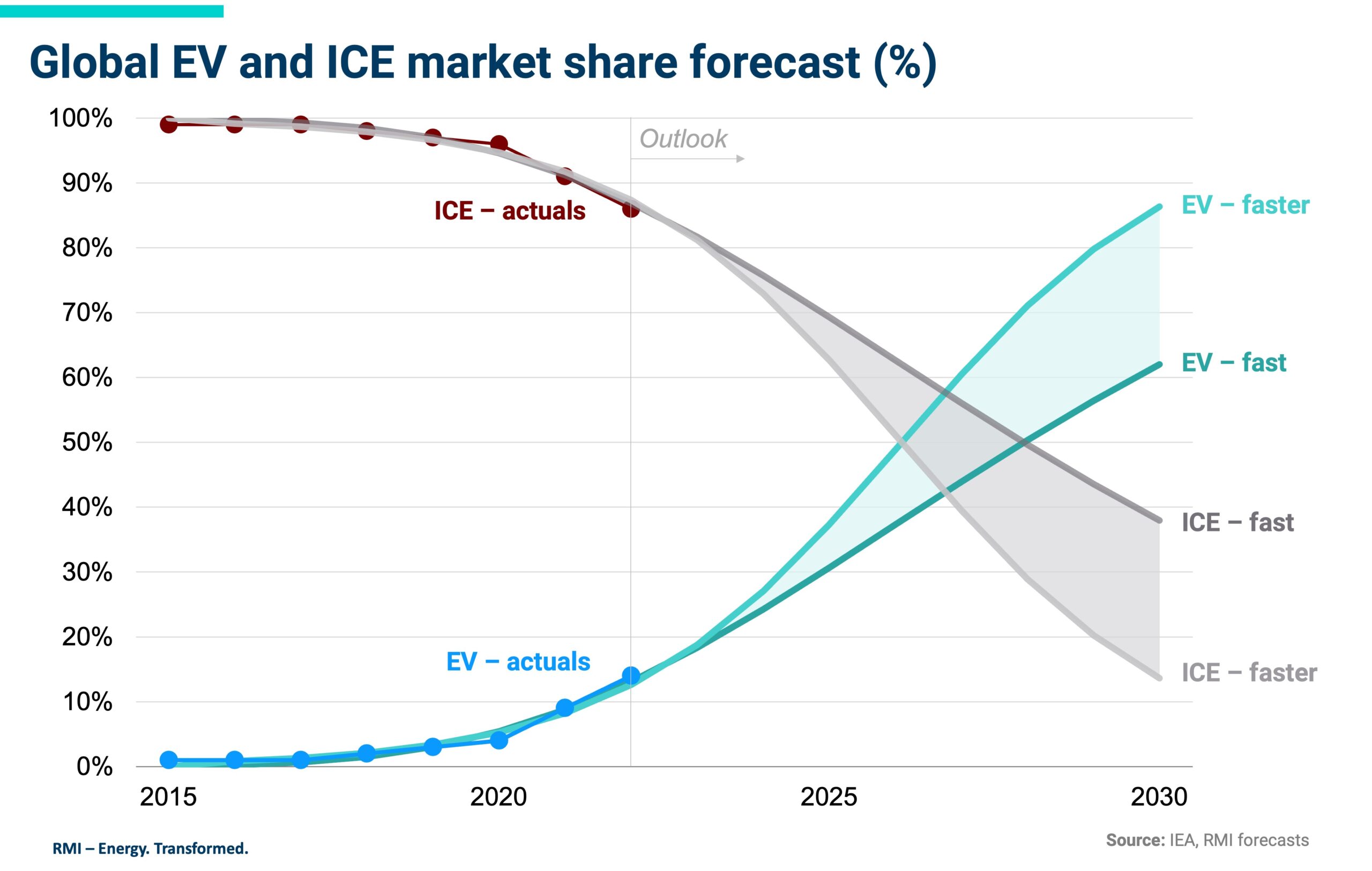Brad Sallows
Army.ca Legend
- Reaction score
- 8,689
- Points
- 1,040
Bullsh!t.To suggest that pollution is somehow someone else’s problem is irresponsible. For carbon emissions, Canada is the 2nd worst per capita and 8th worst as a country for cumulative emissions. ( https://data.ess-dive.lbl.gov/portals/CDIAC) For such a young country we have had a huge part in destroying the world. Mining in Canada has polluted the soil and water. The tar sands oil production has destroyed vast swaths of Alberta and is working its magic in Saskatchewan. Fisheries on the west coast are under further assault from the fossil (coal,gas & oil) fuel business.
We along with most of the western world have moved our worst polluting businesses to the far east. All those cheap throw away products that you’re buying thru Amazon are at the expense of the health of lives of people on the other side of the world. I say start cleaning up our own backyard before blaming everyone else. Stop pretending that it’s someone else’s problem, we’ve all had a part in making it.
Canada's beneficial contributions to science and technology (including health) more than outweigh the costs.
A strong contribution Canada could make to lowering global emissions (which is the whole point) is to pull out all the stops hindering extraction and export of natural gas to countries (eg. China) where it could be used to replace coal as the fuel of choice for thermal generation plants. Locally, it would increase emissions.
People working long hours overseas to produce junk for us to consume are sometimes doing that because it's better than the alternative - longer hours for less money, or subsistence farming and hoping not to lose the famine lottery.
There are always likely to be minuses along with pluses, but there will be pluses. Focusing only on the minuses is worthless.



